Legal Support Activities
Since its foundation in 2001, the FSFE has been working every
single day to further Free Software in Europe and beyond. With
our concrete activities, based upon the three pillars of our work, we
focus on protecting and extending user rights. Some of our
actions run for many years, some are aimed at short-term
developments, but all are part of our mission: empower users
to control technology.
Another major part of our work consists of continuous engagement
and background work. We are present at dozens of conferences per year,
support and maintain an excellent community and
provide it with helpful resources. Furthermore, we are a
prominent contact point for all questions and enquiries around
software freedom, and user rights.
Learn more about legal
issues in Free Software and our general approach in this
area.
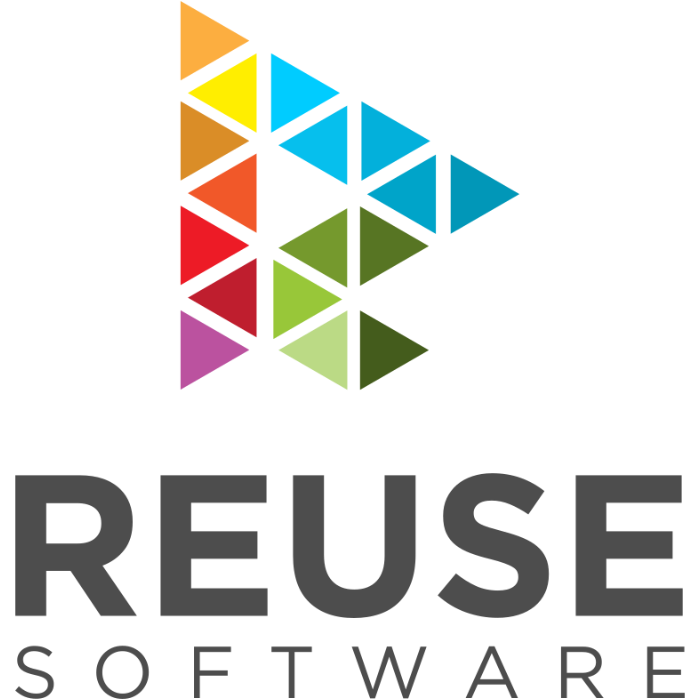
The FSFE is running a project to make licensing easy for humans and machines alike. It solves a fundamental issue that Free Software licensing has at the very source: what license is a file licensed under, and who owns the copyright? REUSE provides easy recommendations in three steps that help users, developers and legal professionals.
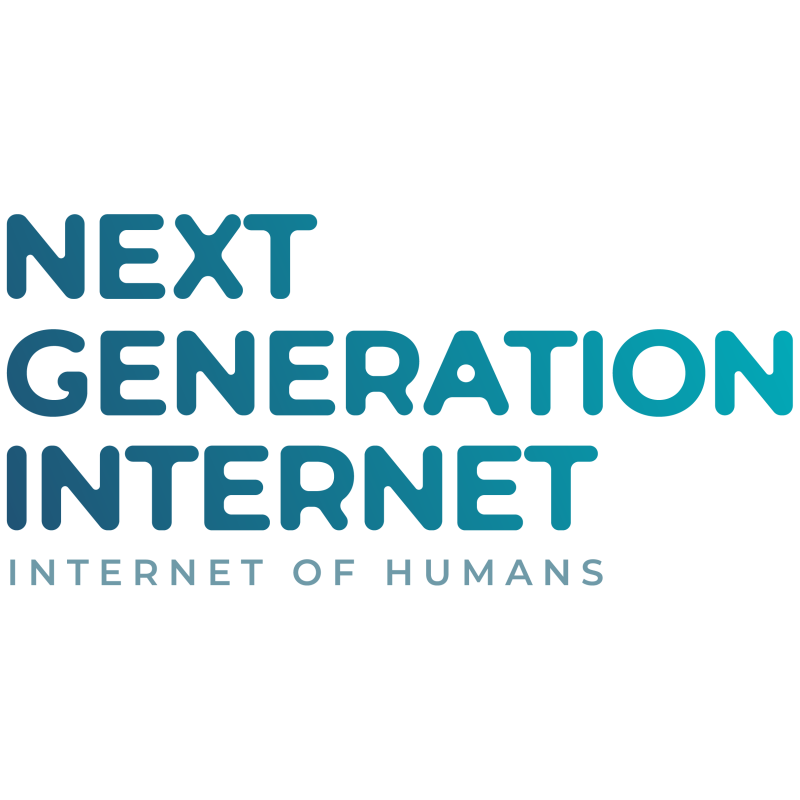
The FSFE is a partner organisation of NGI, a coalition of non-profit organisations from across Europe. Funded by the EC, it provides grants to work on new ideas and technologies that contribute to the establishment of the Next Generation Internet. The FSFE provides legal support for these projects.
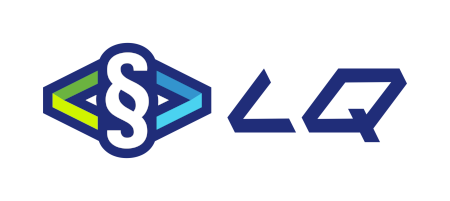
The FSFE’s Licence Questions mailing list is our group of volunteers dedicated to provide help with Free Software licences and compliance. If you need advice on what Free Software licence you should use, or if you want to know more about what rights you have over a piece of Free Software, you can contact us.
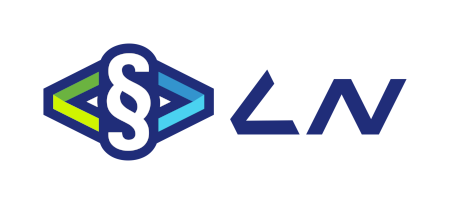
The Legal Network is a neutral, non-partisan, group of experts involved in Free Software legal issues with currently several hundreds of participants from different legal systems, academic backgrounds and affiliations. The aim of the Legal Network is to promote discussion and foster better knowledge of the legal constructs that back Free Software.
More Legal Activities
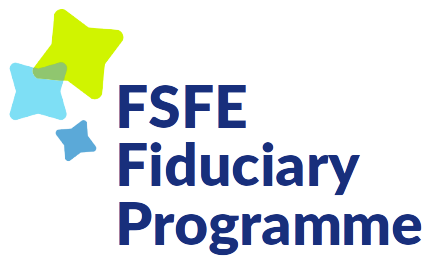
The Fiduciary License Agreement (FLA) allows software projects to assign
copyrights to a named fiduciary for its effective management. This allows
developers to focus on development rather than spending time on legal
administration. While the FSFE is no longer accepting new projects under the
Fiduciary Programme, we continue to offer customisable versions of the FLA)
for your use.
We are working towards a world where software does what software
users want it to do. For this, software users must be able to
participate in the development and distribution of the software.
Software patents block this goal by adding legal and financial
risks to software development and distribution and by giving the
patent holders legal power to completely prohibit software
developers from using the patented ideas.

The FSFE is part of these European consortium to promote and raise awareness about the importance of Free Software, Open Data, and Open Hardware among academia, business, industry, and innovation supporting organizations. As a big part of our work, we are promoting the REUSE specification as an important element for licensing compliance.
In 2001 the European Union started investigating Microsoft's dominant
position in the market for desktop operating systems. The FSFE represented
the interests of Free Software developer as a public interest organisation
who cannot be bought off. Thanks to the excellent work by all involved
parties, the case was won in all rulings up to the European Court of
Justice in 2012.
The Slovak company EURA faced fines of 5600 euros for not purchasing and use
Microsoft Windows operating system for submitting electronic tax reports.
The Slovak tax administration gave EURA the option to either buy and use
Microsoft Windows or face the fines. The FSFE assisted in this case
advocating for platform-neutral solutions for such procedures. Unfortunately,
the court ruled against Free Software and Open Standards, but we were able to
raise awareness about these wrongdoings in Slovakia and beyond.
Can a company modify GPL-licensed software on a third-party device? Router
manufacturer AVM accused Cybits of copyright and trademark infringement
for modifying the original router firmware, which is largely based on the
Linux kernel. Together with gpl-violations.org, we successfully convinced
the court that the terms of the GPL licence are binding: software under
this licence can be freely modified and installed, even if it is supplied
as part of the firmware of an embedded device.
Since the beginning of the standardisation process for Microsoft's Office
Open XML - OOXML (hereafter MS-OOXML), the FSFE has raised serious doubts
about whether MS-OOXML can be considered open. FSFE was the first to raise
the issue in the community, led the movement against the standardisation
of MS-OOXML, and has been closely following developments over the years.
Au cours de l'année 2006 a eu lieu un processus de consultation publique pour la rédaction de la version 3 de la GNU General Public License. Cette licence, couramment appelée "la GPL", est de loin la licence la plus utilisée pour les Logiciels Libres. La Free Software Foundation Europe soutient ce processus de consultation en sensibilisant le public sur la GPL, en facilitant la participation des gens au processus, en publiant des informations permettant aux autres de favoriser cette sensibilisation et en organisant des conférences.
The AGNULA project aimed to create a fully functional, completely Free
Software GNU/Linux distribution for professional audio users. Run by key
players in the audio community, and funded by the European Commission, the
FSFE was a partner in the project, taking care of the legal issues, its
long-term aspects, and making sure that the interests of the Free Software
community were heard.





